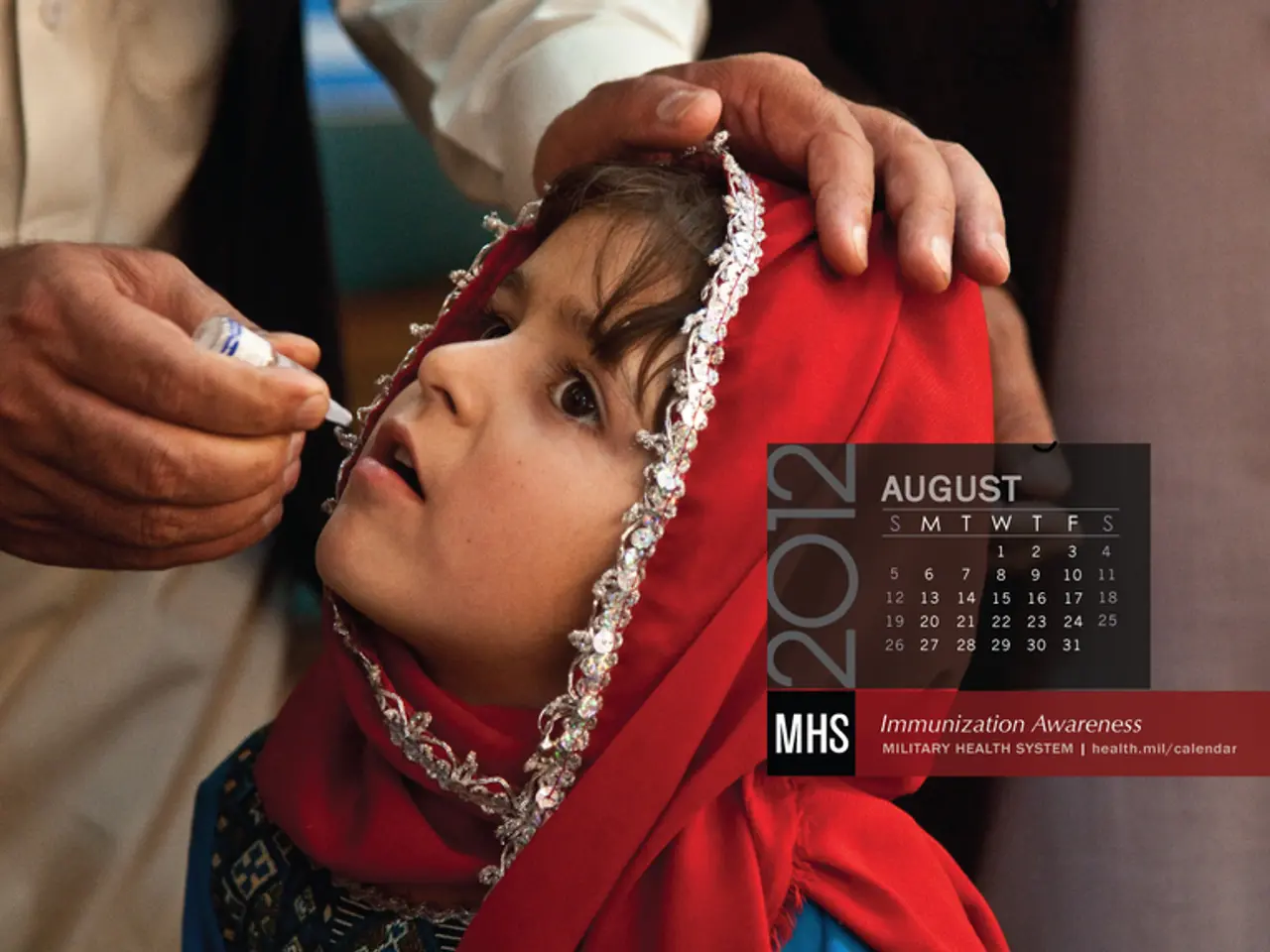"Max Bupa's Analysis of Post-COVID Health Insurance Developments: Report Overview"
In the wake of the COVID-19 pandemic, India has witnessed a significant transformation in the perception and demand for health insurance. This change has been driven by the stark realization of the need for financial protection against unexpected medical expenses.
Today, 54% of people are concerned about keeping their family safe from disease, and 50% are worried about going out of work or loss of income due to the lockdown. These concerns have led to a surge in the number of millennials inquiring and buying comprehensive health insurance policies in India.
Urban populations, with better access to digital platforms and healthcare facilities, have shown a higher inclination to adopt health insurance. Conversely, rural areas and informal sector workers remain underinsured due to limited awareness, affordability issues, and mistrust of insurance providers.
One of the most noticeable changes is the shift in policy preferences. In recent times, 49% of the overall population and 57% of health insurance policyholders have shown their preferences for rewarding policies. Before the pandemic, 32% of buyers and 41% of intenders for comprehensive health insurance plans were found, which has increased to 55% and 60% respectively in the last few months.
The pandemic has also led to a shift in the way people choose health insurance policies. People are now more concerned about whether their policy covers diseases like COVID-19, a significant shift from the pre-COVID times when coverage amount was the top criteria. The topmost question enquired about when buying a health insurance policy is now whether it covers COVID-19 and other unknown diseases.
In Delhi, people are most well-informed about important features of their health insurance policies, with 81% having the awareness about the importance of having a separate cover for life-threatening diseases, 93% knowing about cashless facilities, and 78% aware of room rent eligibility.
However, the demand for comprehensive health insurance is more among women than men, with a 45% demand among women pre-COVID compared to 33% among men. In Lucknow, 95% of the millennials are worried about medical inflation and rising cost of treatment, compared to only 51% of Delhi youngsters.
The outbreak of COVID-19 has left us shaken, changing our priorities forever. The number of diseases affecting us today are on the rise, including H1N1, Sars virus, Mers virus, and most recently COVID-19. Being a pandemic, it has underlined the risks of being uninsured.
The pandemic has also led to a shift in the behavioural attitudes towards proactive health management and insurance adoption, as people seek to avoid out-of-pocket expenses for hospitalization and treatment. This is reflected in increased participation in government schemes and a push for more inclusive insurance policies targeted at vulnerable groups.
Despite these positive shifts, overall health insurance penetration remains below 20% as of recent data, emphasizing persistent barriers such as low health insurance literacy, inadequate product affordability, and distrust of insurers, especially among rural and low-income populations.
The adoption of digital healthcare services accelerated during the pandemic, creating an opportunity for the integration of health insurance with telemedicine and electronic health records. This has enhanced convenience and trust among certain demographics, particularly younger and digitally literate urban populations, further motivating insurance uptake.
In conclusion, while the COVID-19 pandemic has acted as a catalyst in changing perceptions towards health insurance in India, with heightened awareness and attempts at broader adoption, disparities across socioeconomic and geographic lines continue to create challenges for universal coverage. The evolving healthcare landscape, with digital health and policy reforms, offers promising pathways to address these gaps moving forward.
- The need for comprehensive health insurance policies is a growing concern for 54% of people, as they aim to ensure family safety from disease.
- Concerns about going out of work or loss of income during the lockdown have increased the number of millennials seeking health insurance coverage.
- The shift towards rewarding health insurance policies has been observed, with 49% of the population showing a preference for such plans.
- In comparison to pre-COVID times, the top concern when buying health insurance today is whether the policy covers diseases like COVID-19.
- In Delhi, there is a higher awareness among people regarding crucial features of their health insurance policies, particularly separate cover for life-threatening diseases and cashless facilities.
- The demand for comprehensive health insurance is more among women than men, with 45% demand among women pre-COVID compared to 33% among men.
- In Lucknow, 95% of millennials are worried about medical inflation and the rising cost of treatment, which is higher than the percentage of youngsters in Delhi.
- The outbreak of COVID-19 has brought to light the risks of being uninsured and has changed the priorities of many, leading to increased participation in government insurance schemes.
- The pandemic has also sparked a change in behavioral attitudes towards proactive health management, with more people seeking to avoid out-of-pocket expenses for hospitalization and treatment.
- The adoption of digital healthcare services has increased during the pandemic, creating an opportunity for the integration of health insurance with telemedicine and electronic health records.
- Despite the positive shift in health insurance adoption, overall penetration remains below 20%, highlighting persistent barriers such as low health insurance literacy, affordability issues, and mistrust of insurers.
- The evolving healthcare landscape, with digital health and policy reforms, offers a promising pathway to address these gaps and improve universal coverage.
- People are now more interested in overall health and wellness, with concerns spanning fitness and exercise to mental health, nutrition, and other aspects of lifestyle, including fashion, food, home, business, personal finance, technology, relationships, education, shopping, entertainment, general news, and even casino and gambling.




